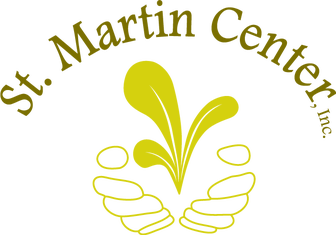Natasha, our HUD-certified financial literacy specialist, shares some tips to prevent identity theft.
Identity theft is a crime that happens when someone uses a person’s identifying information without authority.
Criminals use many techniques to try to trick you into giving them personal information, including:
- Phishing: criminals trick you into giving them information, often through email
- Vishing: phishing by phone
- Smishing: phishing by text
- Spear phishing: targeted form of phishing in which criminals try to trick groups of people that have something in common
- Pharming: criminals trick you by setting up fake websites that appear legitimate
- Skimming: criminals steal your credit or debit card number
- Social media approaches: criminals trick you into giving them personal information on social media sites, chat rooms, bulletin boards, mobile apps, photo sharing sites, and similar places
Watch for unexpected transactions or communications that could indicate your identity has been stolen. Warning signs of identity theft include:
- Withdrawals from your bank account that you didn’t make
- Missing bills and statements
- Merchants refusing your checks
- Credit card transactions that don’t go through
- Letters about accounts you didn’t open
- Emails about purchases you didn’t make
- Statements for credit cards you don’t have
- Debt collectors calling about debts that aren’t yours
- Passwords or usernames that suddenly don’t work
- Unfamiliar accounts on your credit reports
- Medical bills for services you didn’t receive
- Health records for conditions you don’t have
- The Internal Revenue Service (IRS) notifies you that more than one tax return was filed in your name, or that you have income from somewhere you never worked
- Notification about a data breach
You can never completely eliminate all risks. However, you can take steps to minimize some of them:
- Guard your personal information closely.
- Don't respond to unsolicited requests.
- Protect your mail.
- Sign up for direct deposit.
- Clean up your financial trash.
- Review your financial accounts regularly and carefully.
- Beware of identity theft on the Internet.
- Protect your devices, such as computers, phones, and tablets.
- Review your credit reports at least once every 12 months.
- Keep your important documents secure.
- Beware of disaster-related scams.
- Read scam alerts.
The Federal Trade Commission (FTC) is a great source of information on identity theft and fraud. Visit IdentityTheft.gov.


